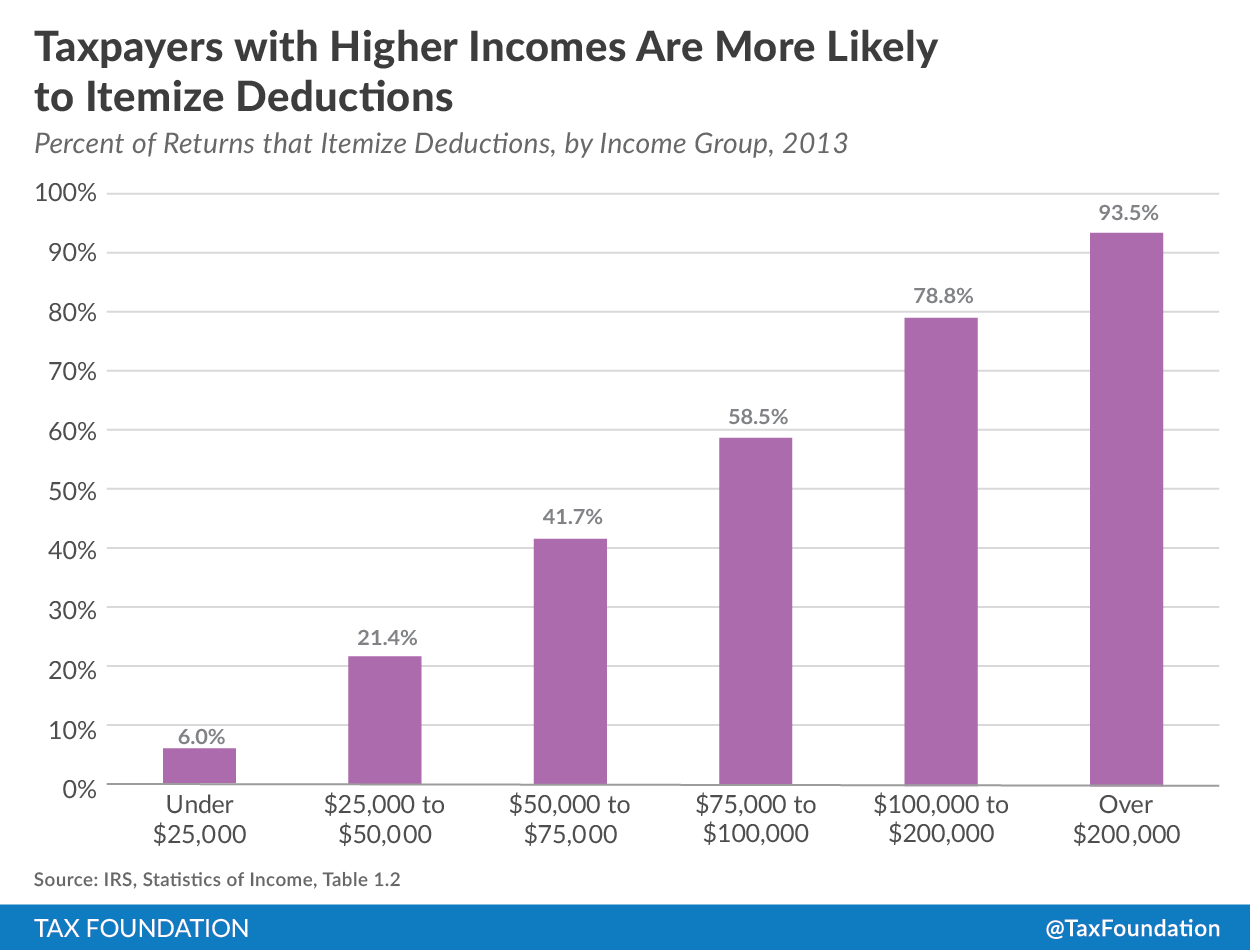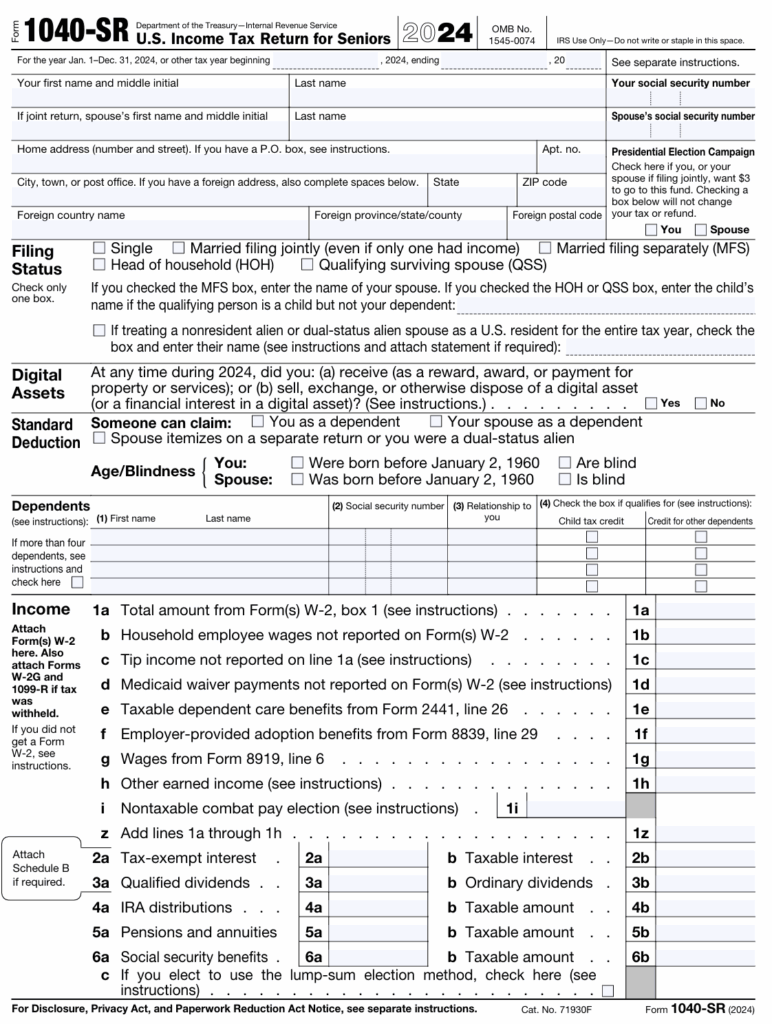All Regarding the Foreign Earned Earnings Exemption: Optimizing Your Standard Deduction Perks
The Foreign Earned Revenue Exemption (FEIE) presents a useful possibility for U.S. residents living abroad to decrease their tax obligation responsibilities. Comprehending the qualification criteria is crucial for those looking for to take advantage of this exemption. Additionally, declaring the typical deduction can enhance overall tax benefits. Nevertheless, managing this process involves cautious attention to information and an understanding of usual pitfalls. Discovering these facets can supply clearness and take full advantage of prospective tax advantages.
Understanding the Foreign Earned Income Exclusion (FEIE)
The Foreign Earned Revenue Exemption (FEIE) allows united state residents and resident aliens working abroad to exclude a part of their foreign earnings from government income tax obligation. This arrangement functions as an economic relief mechanism, making it possible for expatriates to retain a bigger share of their income gained in foreign nations. By minimizing gross income, the FEIE assists alleviate the worry of double taxation, as people may additionally be subject to tax obligations in their host countries. The exemption applies just to earned revenue, that includes incomes, incomes, and specialist fees, while easy income and financial investment gains do not qualify. To take advantage of the FEIE, individuals must submit details types with the IRS, outlining their international revenues and residency - FEIE Standard Deduction. Comprehending the subtleties of the FEIE can significantly influence financial planning for united state citizens living overseas, making it crucial for expatriates to stay educated about this beneficial tax obligation provision
Eligibility Criteria for the FEIE
To get the Foreign Earned Revenue Exemption (FEIE), individuals should fulfill particular qualification standards. This consists of rewarding residency demands, passing the physical visibility examination, and establishing a tax home in a foreign country. Each of these aspects plays an essential role in identifying whether one can benefit from the exclusion.
Residency Demands
Fulfilling the residency needs is important for individuals looking for to get the Foreign Earned Revenue Exemption (FEIE) To be qualified, taxpayers must establish a bona fide residence in a foreign country or countries for an undisturbed duration that typically spans an entire tax year. This demand highlights the requirement of a deeper link to the foreign place, moving beyond mere physical presence. Individuals should show their intent to stay in the international nation and have developed their living scenario there. Variables such as the size of stay, kind of housing, and regional area involvement are thought about in figuring out residency. Meeting these standards is crucial, as failure to do so might invalidate one from profiting from the FEIE.
Physical Visibility Test
Developing qualification for the Foreign Earned Earnings Exclusion (FEIE) can additionally be attained with the Physical Existence Test, which calls for individuals to be physically existing in an international country for at the very least 330 complete days during a successive 12-month duration. This test is beneficial for those who may not fulfill the residency requirement yet still live abroad. The 330 days must be complete days, indicating that any day invested in the United States does not count towards this overall. It is necessary for individuals to keep accurate documents of their travel dates and locations to sustain their insurance claims. Effectively passing this examination can substantially decrease taxed earnings and boost monetary outcomes for migrants.
Tax Home Area
Tax home place plays a vital role in establishing qualification for the Foreign Earned Earnings Exclusion (FEIE) To certify, a private need to develop a tax obligation home in a foreign country, which suggests their primary business is outside the USA. This stands out from a plain residence; the individual need to perform their work in the international nation while maintaining a significant link to it. The IRS needs that the taxpayer can show the intent to remain in the foreign area for an extensive period. Furthermore, keeping a home in the united state can complicate eligibility, as it may recommend that the person's true tax home is still in the USA. Understanding this requirement is crucial for taking full advantage of FEIE advantages.
How to Declare the FEIE on Your Tax Obligation Return
Claiming the Foreign Earned Earnings Exemption (FEIE) on an income tax return calls for cautious focus to detail and adherence to specific IRS standards. Taxpayers need to first verify eligibility by meeting either the authentic home examination or the physical visibility examination. As soon as qualification is validated, they must complete internal revenue service Kind 2555, which information international gained income and appropriate info concerning their tax obligation home.
It is necessary to report all foreign income precisely and preserve appropriate documentation to sustain cases. Taxpayers need to additionally be mindful of the optimal exclusion limit, which goes through annual adjustments by the IRS. Declaring Type 2555 together with the annual income tax return allows taxpayers to exclude a portion of their foreign profits from U.S. taxes. It is a good idea to seek advice from a tax obligation expert or IRS sources for updated information and guidance on the FEIE procedure, assuring compliance and maximization of prospective advantages.

The Criterion Reduction: What You Need to Know
Exactly how does the typical deduction impact taxpayers' general economic scenario? The standard deduction acts as a considerable tax benefit, minimizing gross income and potentially reducing tax obligations. For the tax year 2023, the common reduction is evaluated $13,850 for single filers and $27,700 for married pairs submitting jointly. This deduction simplifies the filing process, as taxpayers can select it as opposed to making a list of reductions, which calls for detailed record-keeping.

Taxpayers making foreign income may still assert the standard reduction, taking advantage of minimized taxed earnings even while utilizing the Foreign Earned Income Exemption (FEIE) It is important to note that the conventional deduction can not be integrated with itemized reductions for the very same tax obligation year - FEIE Standard Deduction. Recognizing the standard deduction permits taxpayers to make informed choices regarding their tax obligation approaches, making the most of available benefits while making certain compliance with Internal revenue service policies.
Approaches for Optimizing Your Deductions
Maximizing deductions under the Foreign Earned Revenue Exemption calls for a clear understanding of gained income limitations and the advantages of claiming housing exemptions. Additionally, using Kind 2555 efficiently can improve the potential for significant tax obligation savings. These methods can considerably impact the general tax obligation responsibility for expatriates.
Understand Made Earnings Restrictions
While many migrants weblink look for to decrease their tax obligation concern, recognizing the gained income limits is crucial for effectively leveraging the Foreign Earned Earnings Exclusion. The Internal Earnings Service (IRS) establishes details thresholds that determine the optimum amount of international earned income eligible for exemption. For the tax year 2023, this limitation is $120,000 per certified individual. Surpassing this limit may cause taxes on the income over the restriction, decreasing the advantages of the exemption. To make best use of deductions, expatriates should keep Visit This Link accurate documents of their international gained revenue and analyze their qualification for the exemption each year. Strategic intending around these restrictions can substantially boost tax cost savings, permitting migrants to enhance their monetary situation while living abroad.
Claiming Real Estate Exemption Advantages
Numerous expatriates forget the possible advantages of claiming the Housing Exemption, which can greatly reduce their taxable revenue. This exemption enables individuals living abroad to subtract particular housing expenditures from their gross revenue, making it much easier to satisfy economic commitments without sustaining substantial tax liabilities. To maximize this benefit, expatriates need to validate they certify based on their residence and work scenarios. Additionally, recognizing qualified costs-- such as rent, energies, and maintenance-- can boost the general deduction. Maintaining detailed documents of these costs is essential for confirming insurance claims. By strategically steering via the Real estate Exclusion, expatriates can notably decrease their tax problem and maintain even more of their incomes while living overseas, eventually boosting their monetary health.
Utilize Type 2555 Properly
Using Form 2555 successfully can greatly boost the economic advantages offered to migrants, particularly after taking benefit of the Real estate Exemption. This kind allows individuals to declare the Foreign Earned Earnings Exemption, which can significantly lower taxable earnings. To optimize reductions, expatriates must validate they satisfy the credentials, including the physical existence test or the authentic residence examination. It is vital to accurately report all foreign earned income and to maintain thorough records of qualification. Additionally, using the Housing Exclusion in tandem with Kind 2555 can further reduce general tax obligation. By recognizing the intricacies of these types, expatriates can maximize their tax obligation scenario and retain more of their hard-earned income while living abroad.
Typical Pitfalls to Avoid When Filing Your Taxes Abroad

Regularly Asked Concerns
Can I Declare Both FEIE and the Foreign Tax Credit Rating?
Yes, an individual can assert both the Foreign Earned Revenue Exemption (FEIE) and the Foreign Tax Credit Report (FTC) They must assure that the exact same income is not made use of for both advantages to avoid double benefits.
What Happens if I Go Beyond the FEIE Revenue Restriction?
Exceeding the Foreign Earned Income Exclusion (FEIE) income limit leads to the ineligibility for the exclusion on the excess amount. This can bring about taxed income in the USA, needing appropriate tax obligation filings.
Are There Any Type Of State Tax Effects for FEIE?
State tax effects for the Foreign Earned Earnings Exemption (FEIE) vary by state. Some states might tire international earnings while others adhere to federal exemptions, making it necessary for people to speak with state-specific tax obligation guidelines for clarity.

Just How Does FEIE Influence My Social Security Benefits?
The Foreign Earned Income Exclusion (FEIE) does not directly influence Social Security advantages. Nonetheless, revenue left out under FEIE might influence the computation of average indexed monthly profits, potentially affecting future advantages.
Can I Withdraw My FEIE Political Election After Declaring It?
Yes, an individual can revoke their International Earned Earnings Exclusion (FEIE) election after asserting it. This retraction has to be performed in composing and submitted to the IRS, adhering to details guidelines and deadlines.
Understanding the Foreign Earned Revenue Exclusion (FEIE)
The Foreign Earned Income Exclusion RevenueFEIE) allows U.S. citizens united state people aliens working abroad to exclude a portion of part foreign earnings from federal income government. Taxpayers gaining foreign income may still assert the typical reduction, benefiting from reduced taxed income also while using the Foreign Earned Income Exemption (FEIE) Optimizing deductions under the Foreign Earned Revenue Exclusion calls for a clear understanding of made income restrictions and the benefits of claiming housing exemptions. While many migrants look for to decrease their tax obligation problem, understanding the made revenue limits is essential for successfully leveraging the Foreign Earned Income Exclusion. Going Beyond the Foreign Earned Earnings Exemption (FEIE) income limitation results in the ineligibility for the exemption on the excess amount.